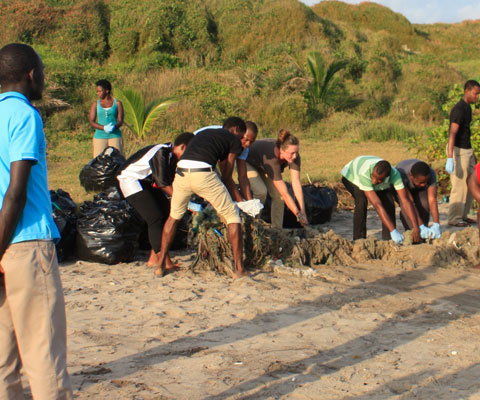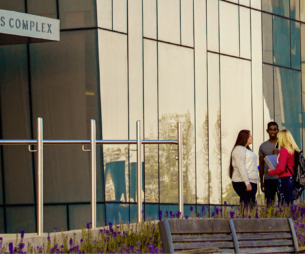Canada’s international assistance review consultations: submission

Mobilizing people and ideas for an innovative, inclusive and prosperous world
Canada’s universities are critical to Canada’s international assistance and to mobilizing people and ideas for an innovative, inclusive and prosperous world.
Through leveraging research expertise and networks, engaging researchers and supporting the provision of quality higher education in partner countries, universities play an active role in reducing poverty, creating new opportunities for the world’s poorest and most marginalized, and building more inclusive societies.
Canada’s universities are a key, and often underleveraged, asset in shaping an effective and innovative approach for the delivery of Canadian development assistance for the benefit of all citizens in partner countries.
We recommend that the federal government:
- Ensure that its international assistance be built on evidence-based research
- Mobilize Canadian youth in Canadian international assistance to build a globally fluent generation that is supportive of international engagement
- Work with university campus-based incubators and accelerators to develop new and innovative ways to address the world’s challenges and involve and engage more Canadians in international
assistance efforts - Leverage and build on the networks built through Canadian universities’ research, mobility and development activities to sustain Canada’s longer term impact in international assistance
- Leverage the experiences of Canadian universities in working with Canada’s Indigenous population in particular through current reconciliation efforts to support Indigenous populations around the world
- Position higher education as a policy area of priority within Canada’s international assistance efforts as a critical component for the long-term success of focus countries
- Work with universities in the integration of refugees into Canadian campuses and communities and in sharing this expertise for the benefit of global resettlement efforts
- Develop a holistic international assistance policy framework



